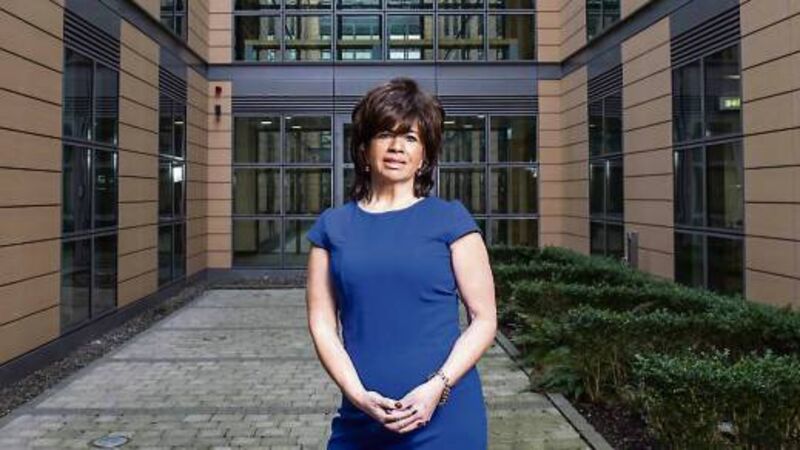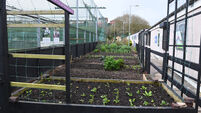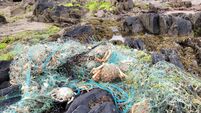Creating smarter, more efficient companies that foster a green, sustainable future

Myriam Cronin is Head of GatewayUCC.
The business and startup community is leading the charge in the ways in which we manufacture and produce goods and services in an effort to mitigate against the global challenge of climate change.
The industry is becoming more responsible for bringing about smarter, more efficient and energy-saving ways of doing things and contributing to the circular economy.














